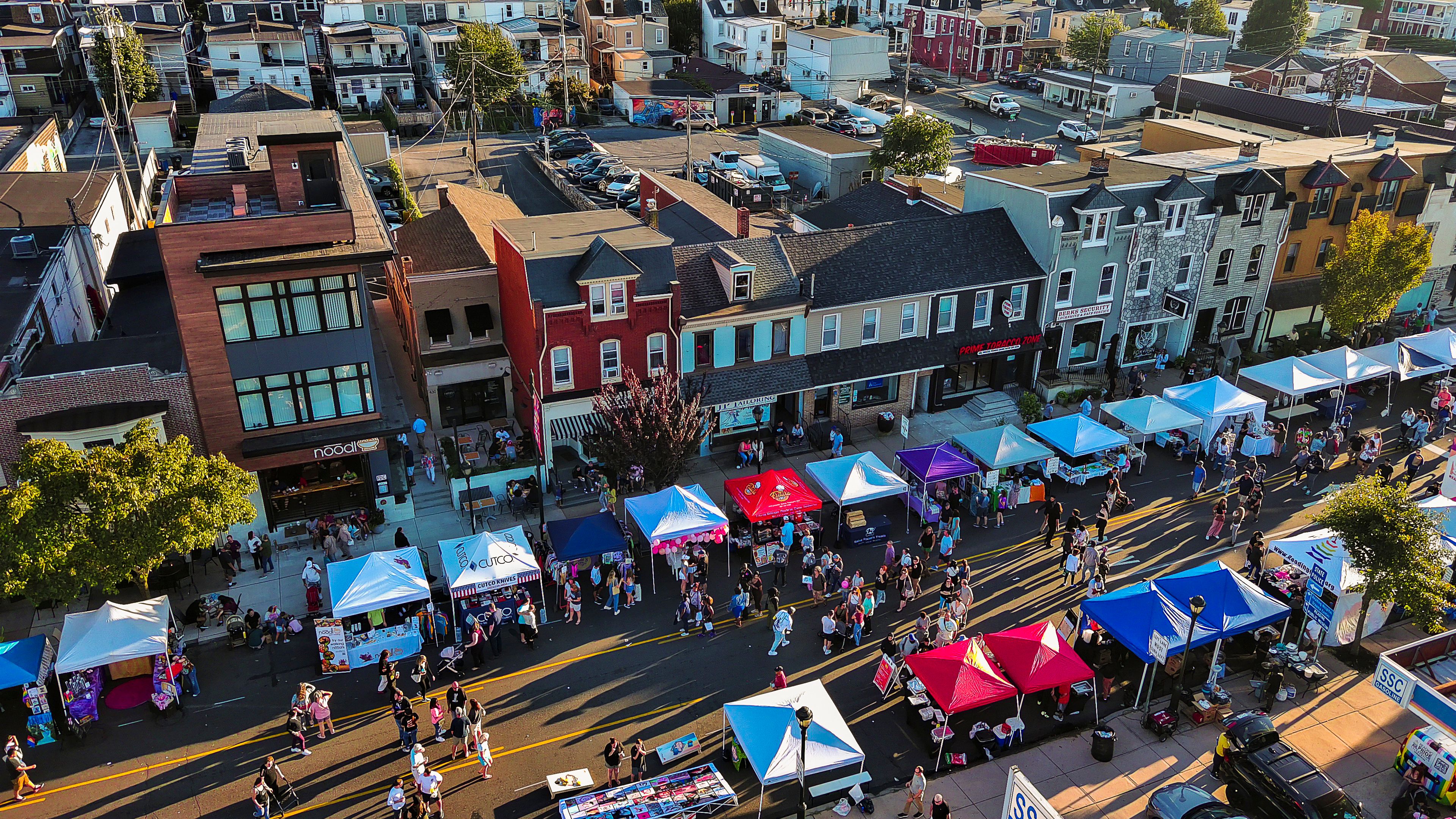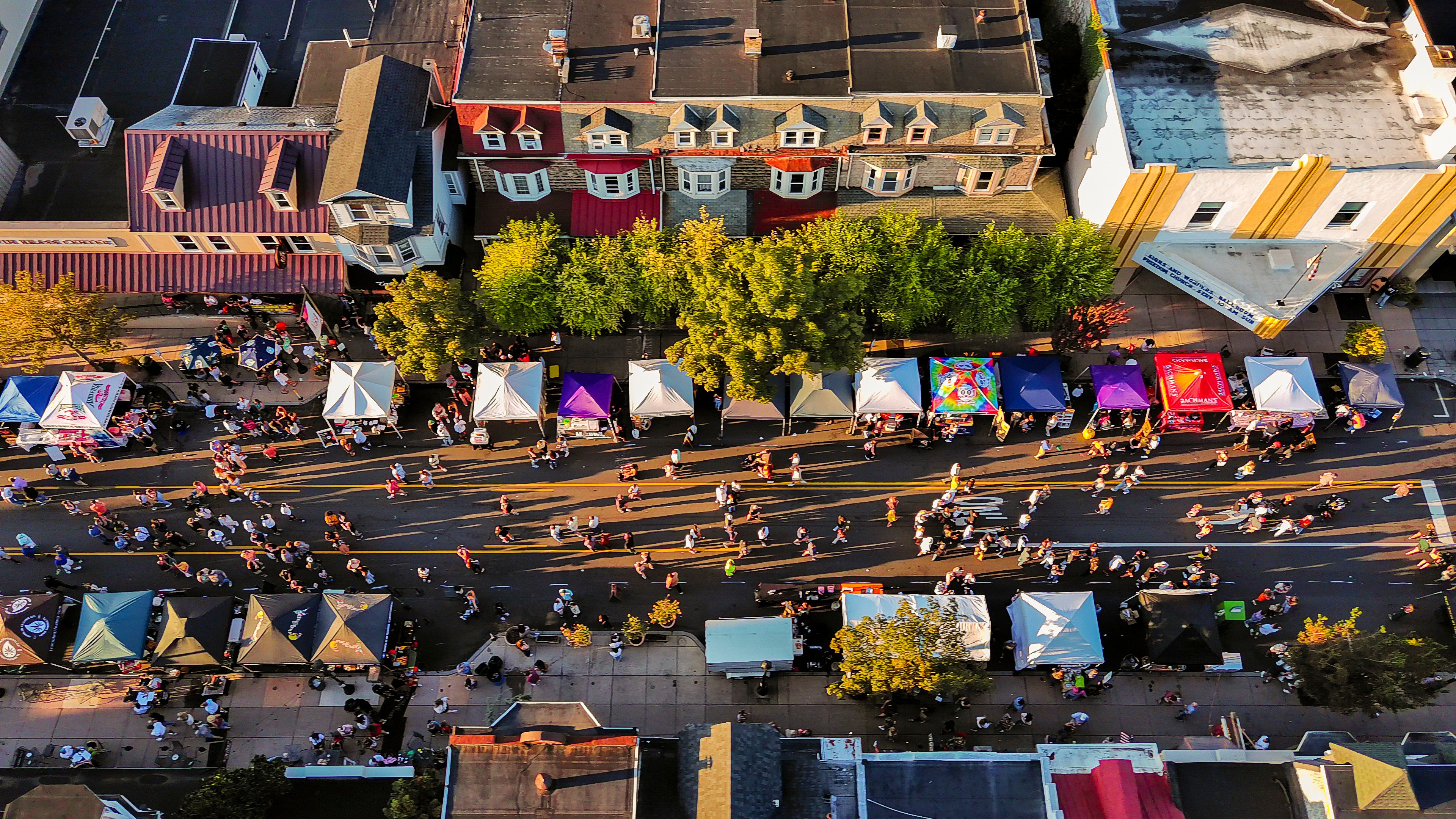Exploring the Rise of Food Truck Culture
The Evolution of Food Truck Culture
The food truck phenomenon has transformed the culinary landscape in recent years. Once regarded as a novelty or a convenient option for quick bites, food trucks have evolved into a vibrant part of urban culture. This evolution reflects broader trends in dining preferences and social interaction, as people increasingly seek unique and personalized dining experiences.

From Humble Beginnings to Gourmet Offerings
Initially, food trucks were associated with simple, fast food. Hot dogs, burgers, and tacos were staples of the early food truck menu. However, as culinary tastes became more sophisticated, a new wave of food trucks emerged, offering gourmet dishes and eclectic menus. Today, it's not uncommon to find food trucks serving fusion cuisine, artisanal desserts, and even gourmet coffee.
The rise of these gourmet trucks can be attributed to several factors. One significant factor is the lower startup cost compared to traditional brick-and-mortar restaurants. This financial accessibility allows aspiring chefs to showcase their culinary creativity without the burden of high overhead costs.
The Role of Social Media and Technology
Social media has played a pivotal role in the ascent of food truck culture. Platforms like Instagram, Twitter, and Facebook are essential tools for food truck operators to connect with their audience, announce locations, and showcase their latest creations. This direct line of communication has allowed food trucks to build loyal followings and create buzz around their offerings.

Moreover, technology has facilitated the operational aspects of running a food truck business. Mobile payment systems and GPS tracking enable seamless transactions and easy location updates, enhancing the overall customer experience. These technological advancements have made it easier for food trucks to adapt to the fast-paced nature of urban environments.
Community and Cultural Impact
Food trucks have become more than just a place to grab a quick meal; they are now integral parts of local communities. Food truck festivals and gatherings provide opportunities for people to come together, celebrate diverse cuisines, and enjoy a sense of community. These events often feature live music, artisan vendors, and family-friendly activities, making them popular destinations for all ages.

The cultural impact of food trucks extends beyond just food. They often serve as platforms for cultural expression and innovation. By offering dishes from various global cuisines, food trucks celebrate diversity and encourage people to explore new flavors and culinary traditions.
The Future of Food Trucks
As food truck culture continues to thrive, it is clear that these mobile kitchens are here to stay. The flexibility and adaptability of food trucks make them well-suited to meet changing consumer demands and trends. Whether through sustainable practices, plant-based menus, or hyper-local sourcing, food trucks are poised to continue evolving alongside the broader food industry.
In conclusion, the rise of food truck culture represents a dynamic shift in how people engage with food. From their humble beginnings to their current status as culinary trendsetters, food trucks embody innovation, community spirit, and the ever-evolving nature of gastronomy. As long as there is a hunger for unique and accessible dining experiences, the future of food trucks looks bright.
